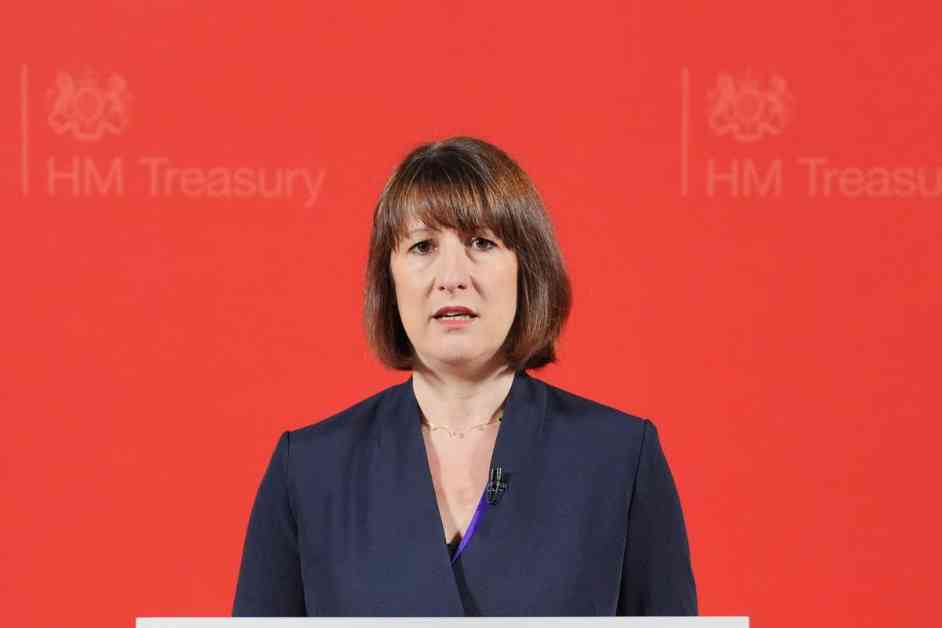Rachel Reeves is facing criticism over her proposed increase in capital gains tax rates, with concerns that it could hinder economic growth. The speculation around potential tax hikes comes at a time of intense pressure for Reeves and the Labour party, with challenges such as the need to raise £25 billion in extra taxes to meet spending commitments, dropping support in polls, and questions about tax plans and budget timing.
The row over capital gains tax was initially reported by The Guardian, which claimed that Reeves had requested modeling on potential rates as high as 39 per cent. While sources close to Reeves dismissed the claims and denied any disarray in tax plans, the pressure is mounting as the Budget deadline approaches.
The Institute for Fiscal Studies has highlighted the significant gap in funding for Reeves’ spending commitments, suggesting that changes to fiscal rules may be necessary. However, any adjustments could have an impact on market confidence. With limited options to raise revenue without breaking election promises, Reeves is facing a tough balancing act.
Experts warn that increasing capital gains tax rates could discourage savings and investment, potentially harming economic growth. While the tax currently contributes a relatively small amount to Treasury revenue, it is seen as an important element of the tax system that needs reform. Suggestions for a fairer and more growth-friendly capital gains tax system have been put forward, emphasizing the importance of getting the design right to avoid negative impacts on savings and investment incentives.
In light of these challenges, Reeves will need to carefully consider her approach to tax policy to ensure economic growth is not jeopardized. The upcoming Budget will be a crucial test of her ability to navigate these complex issues while maintaining fiscal responsibility and fairness in the tax system.












